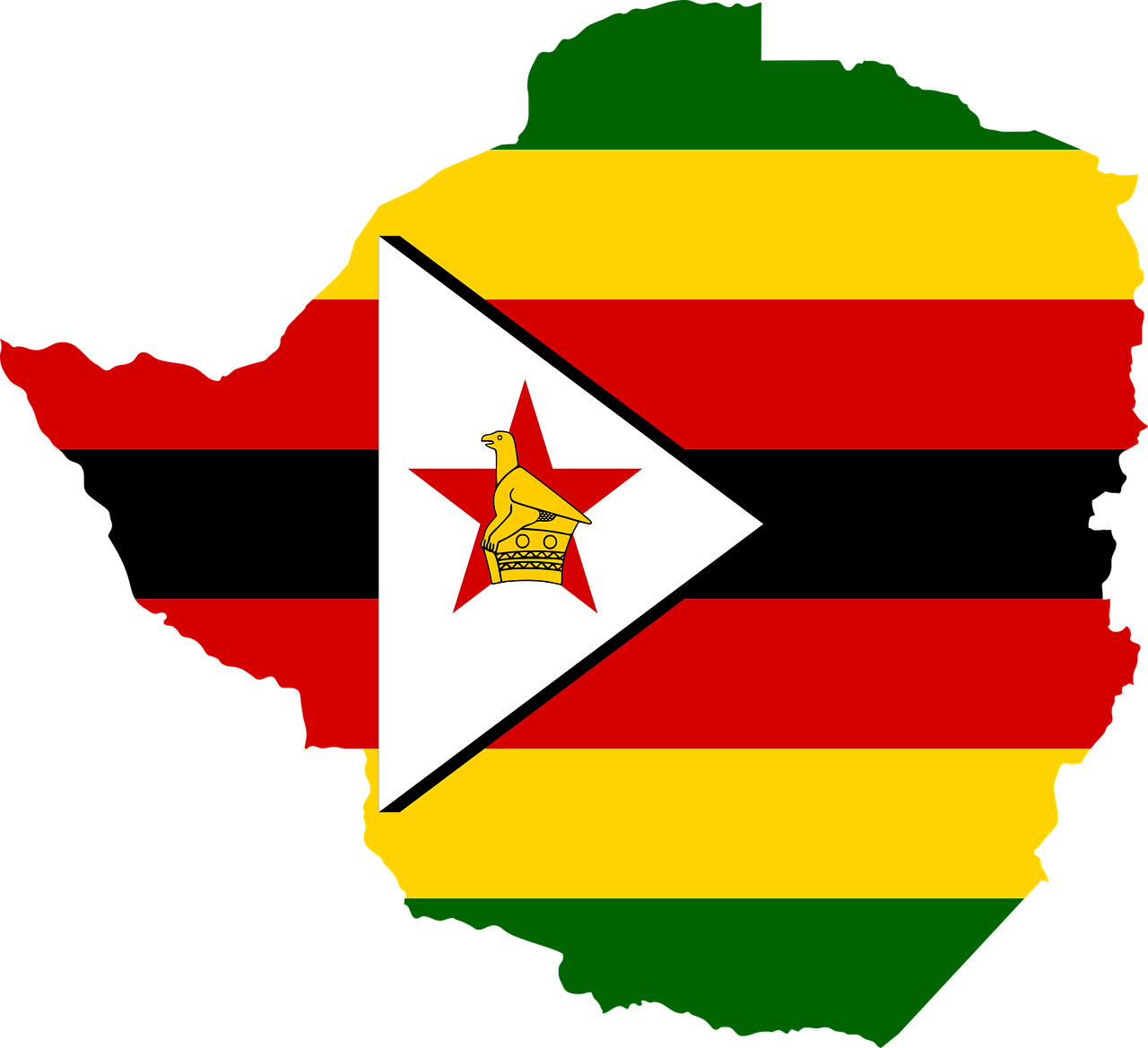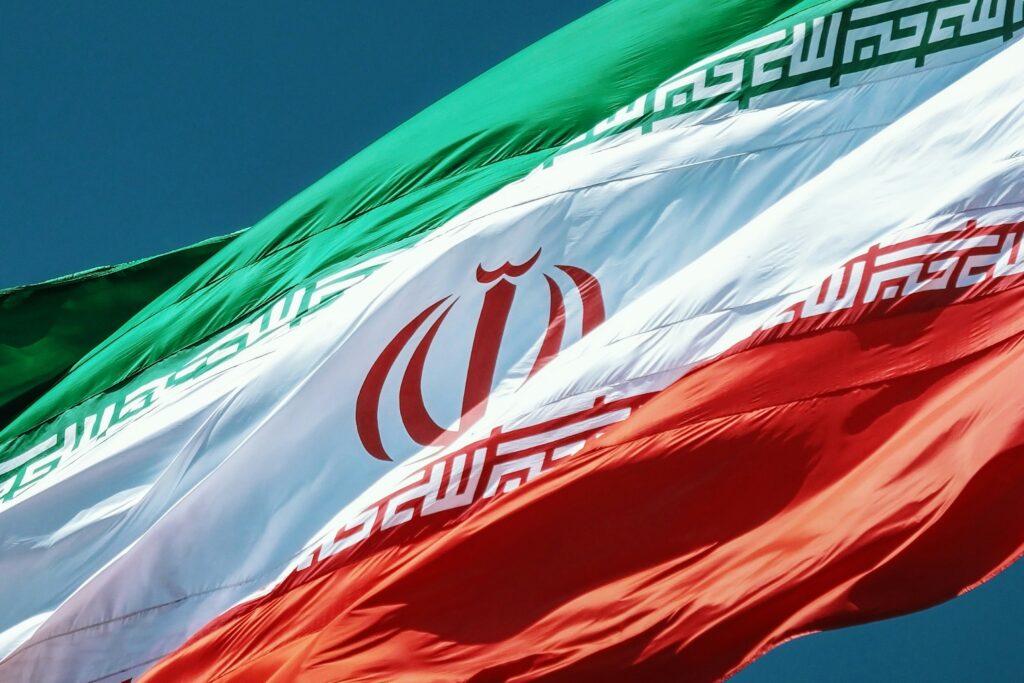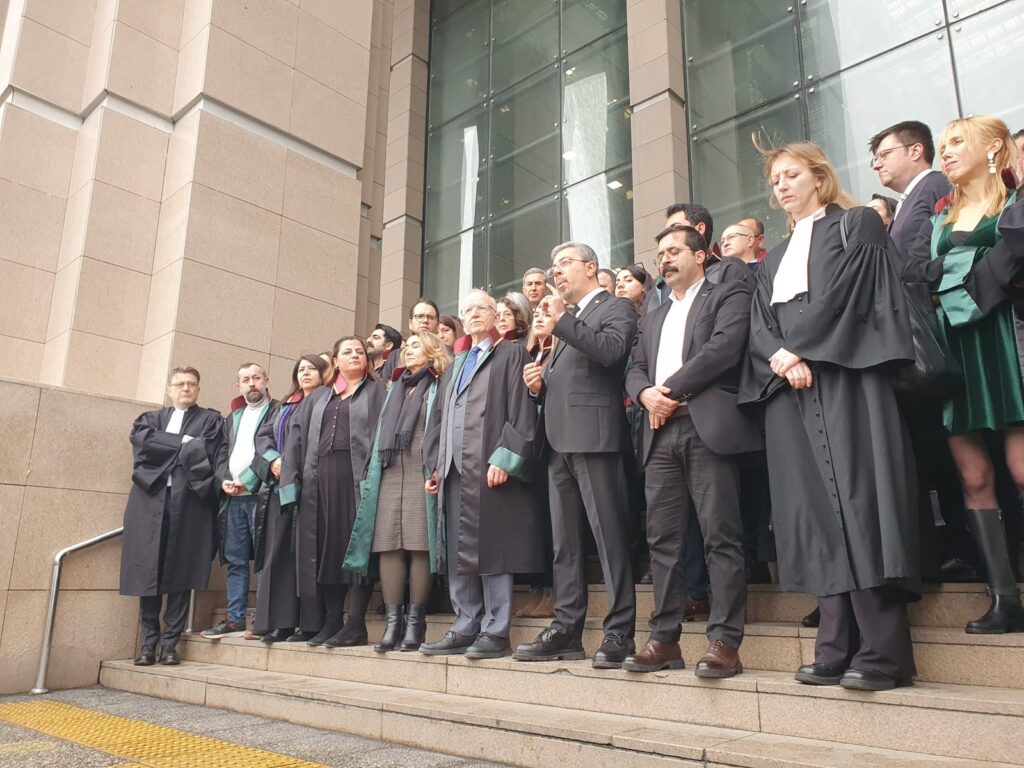Lawyers for Lawyers and Zimbabwe Lawyers for Human Rights (ZLHR) submitted an advocacy charter to several country delegations to draw attention to the situation of lawyers and the independence of the judiciary in Zimbabwe regarding the 40th session of the Universal Periodic Review (UPR) of Zimbabwe. In July 2021, Lawyers for Lawyers submitted a report jointly with ZLHR for the UPR of Zimbabwe.
Lawyers for Lawyers and ZLHR called attention to the situation of lawyers in Zimbabwe mainly focusing on the difficulty of lawyers to carry out their professional duties. In addition to that, several factors are undermining the proper independent functioning of the judicial system, including the harassment of lawyers.
In recent years, lawyers in Zimbabwe have been facing significant constraints and challenges in exercising their profession and therefore their rights and those of their clients are not guaranteed. According to our information, several lawyers are facing continued intimidation and harassment in Zimbabwe in the form of (death) threats and intimidation by police officers. Some lawyers are also subjected to physical attacks. Another form of intimidation that Zimbabwean lawyers have been subjected to, is public threatening statements, against human rights lawyers, that were made by several state institutions including the President and the Minister of Justice, Legal and Parliamentary Affairs during the period under review. This has similarly affected law based non-profit organizations including ZLHR and the Law Society of Zimbabwe. Besides physical harassment, judicial harassment and the criminal prosecution of lawyers is a serious concern.
Lawyers in Zimbabwe have also been subjected to judicial harassment, arrest, detention, and prosecution in connection to their professional duties. According to our information some lawyers in Zimbabwe have faced arrests and criminal prosecution in connection to freedom of expression and assembly. This includes harassment and arrest or arbitrary detention while protesting or posting on social media. A lack of freedom of expression that lawyers enjoy in connection with their professional functions is problematic not only considering the rights of the lawyers themselves, but also in assuring the protection of the rights of their clients.
Moreover, there have been persistent concerns regarding the independence of the judiciary. Section 164 of the Constitution of Zimbabwe provides that the judiciary must be independent, and that the courts must apply the law and Constitution “impartially, expeditiously and without fear, favour or prejudice”. However, parliament has pushed through constitutional amendments (No.1) and (No.2) removing the public consultation process in the appointment of judges and the Prosecutor General, and giving the President unfettered powers to extend the tenure of judges. This has resulted in malicious criminal prosecutions of high-profile human rights defenders in Zimbabwe.




